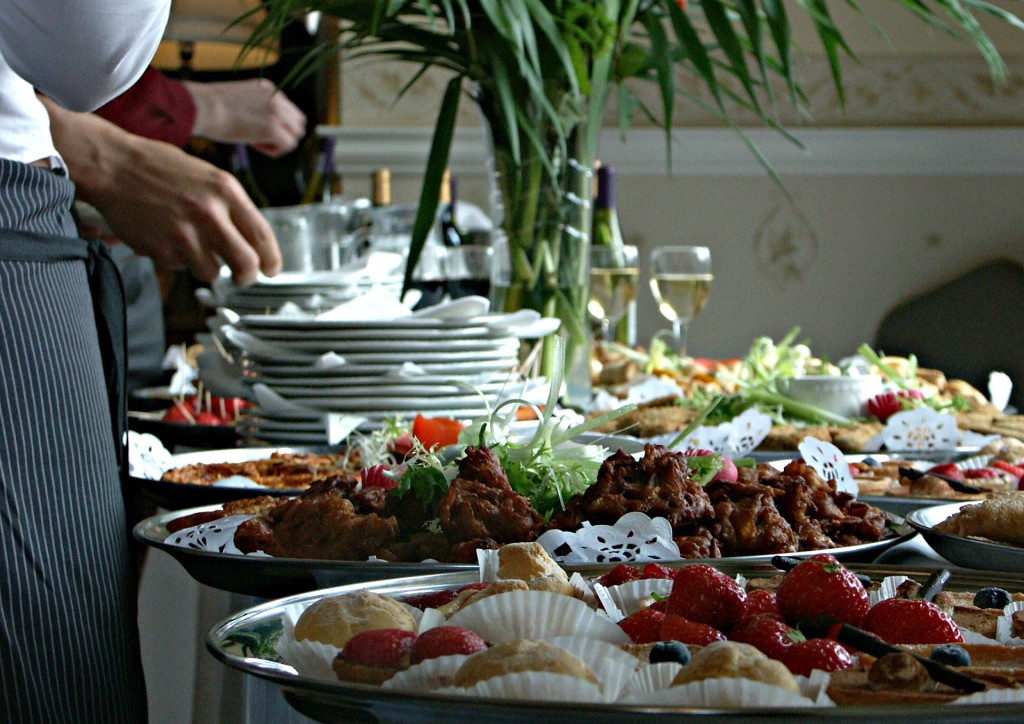In my advanced Fat-Burning Machine course, we get into more depth on things that get in the way of weight loss. One of the things we have discussed is that some people have a seemingly odd feeling of the need to eat more – even when they have just eaten and they should feel full. Why would that happen?
It turns out scientists believe this is a learned response – perhaps as a result of past hunger-producing diets.
Researchers were able to “condition” or teach mice that the feeling of satiety (feeling full and satisfied) means rewards of food while the feeling of hunger is associated with receiving no food. How did they do this?
Scientists taught mice that if they were hungry and they pressed a lever, no food would appear. However, if the mice had just ate (full bellies) and they pressed the lever – more tasty food appeared!
Does this situation sound like your past dieting attempts? That is, low-calorie, low-fat food restrictions leads to hunger. Your gnawing stomach, hunger, means no food or little food for as long as your willpower can hold out.
When dieters finally get to eat, it is very easy to overeat. Feeling full, and fuller – overeating – is then a positive association.
By going on highly restrictive, hunger-producing diets people have taught themselves to eat even when they feel full.
Shining a light on these learned behaviors caused by low-calorie, low-fat diets can help people change.
Take note to see if you are a person that feels a need to eat – even when you’ve just eaten. This might be a learned behavior. And yes, this behavior can be changed.


Pingback: Does eating in the evening cause weight gain? - Become a Fat-Burning Machine